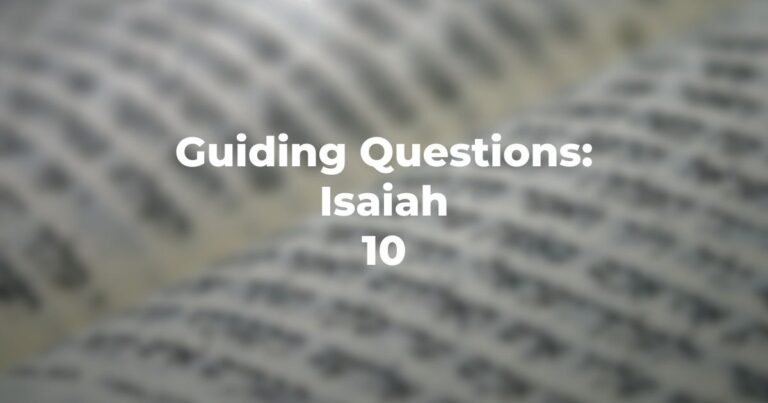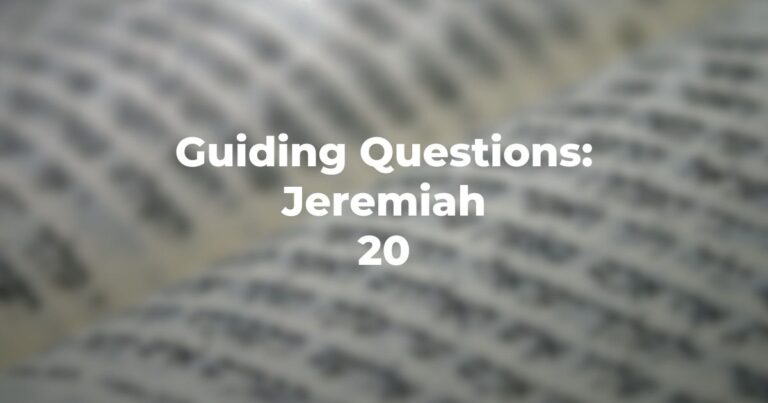- Based upon Psalms 32:1-2 would the author (speaker, pleader) be one who considers himself to have transgressed?
- From Psalms 32:3-4 would it appear that the transgressor had in no wise recognized his transgression or clearly asks that it be forgiven?
- When did he begin to “sense relief” (Psalms 32:5)?
- Accordingly, in Psalms 32:6 what is his conclusion as to those who transgress?
- In Psalms 32:5 and Psalms 32:7 the conclusion is “Selah”. This term, similar to “Amen” is an affirmation of the sentiment expressed. Why would it have been positioned particularly in these two verses?
- What advice is given to those who transgress?
- According to the text, can evil bring in its wake anything but torment and tribulation?
- Who, then, will find joy in his/her faith?
Author
-

Exploring Judaism is the digital home for Conservative/Masorti Judaism, embracing the beauty and complexity of Judaism, and our personal search for meaning, learning, and connecting. Our goal is to create content based on three core framing: Meaning-Making (Why?), Practical Living (How?), and Explainers (What?).
View all posts





